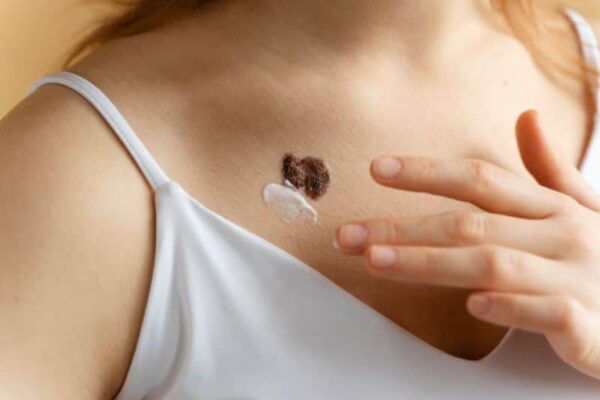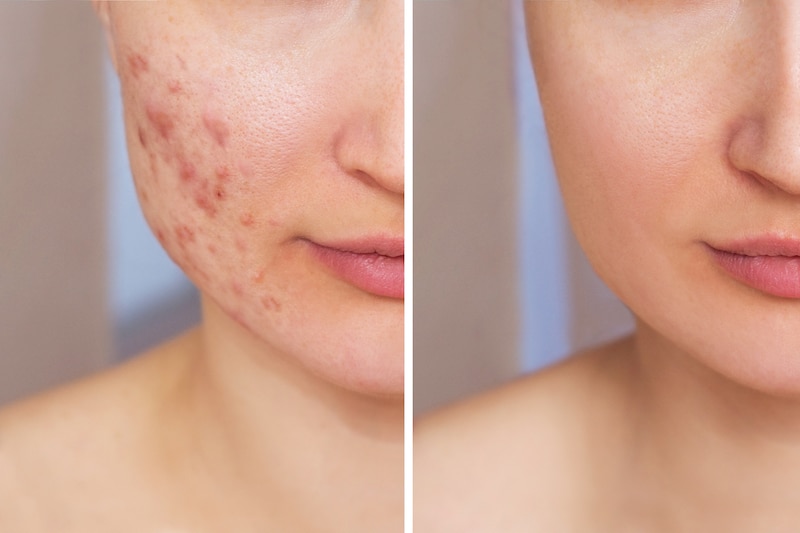SKIN CANCER
Topical Medications

What Is Topical Treatment For Superficial Skin Malignancies?
“Topical agents offer a non-invasive option for treating superficial skin cancers, minimising scarring and preserving surrounding healthy tissue with targeted therapy.”
Topical treatment involves applying medication directly to the skin to treat superficial skin cancers like actinic keratoses, in situ squamous cell carcinoma, and superficial basal cell carcinoma.
Key Information
Fluorouracil is a chemotherapeutic agent that inhibits RNA formation, effectively managing actinic keratoses and in situ squamous cell carcinoma but is less effective for basal cell carcinoma.
Imiquimod is an immune response modifier that treats skin conditions by binding to Toll-like receptor 7, inducing a local immune response to destroy cancer cells.
Yes, treatments like fluorouracil and imiquimod can cause side effects, including inflammation, erosion, ulceration, and sometimes, systemic effects like fever and muscle pain.
The use of topical agents such as fluorouracil and imiquimod for the treatment of superficial skin cancers, while effective, can lead to a range of side effects that patients should be prepared for.
Both medications can cause the treated areas to become red, tender, and eventually erode or ulcerate over the course of treatment, which typically spans several weeks or even months, depending on the severity and response of the lesions.
Fluorouracil often requires application twice daily for 2 to 4 weeks, potentially leading to intense skin reactions including ulceration, necessitating a break to allow for healing. Imiquimod, used less frequently per week, still evokes a significant inflammatory response, potentially resulting in similar discomfort and the development of painful ulcers. The length and frequency of treatment, coupled with the distress of skin ulceration and associated pain, underscore the importance of close medical supervision and adherence to prescribed aftercare instructions to manage these side effects effectively.

Aftercare Instructions for Topical Medications
Lorem ipsum dolor
WHICH TREATMENTS ARE AVAILABLE?
Book in for a skin consultation with Dr Tina for an individualised treatment plan. Your best treatment will often depend on your age, gender, triggers and causes of your condition.
Dr Tina can advise on a combination including:
- Cryotherapy
- Biopsies
- Excisions
- Photodynamic Therapy
- Ablative Laser for Skin Cancer
- Compounding Medication
RESTORE YOUTHFULNESS
Schedule a Consultation
Call us on 07 3852 4878 or simply book an appointment

